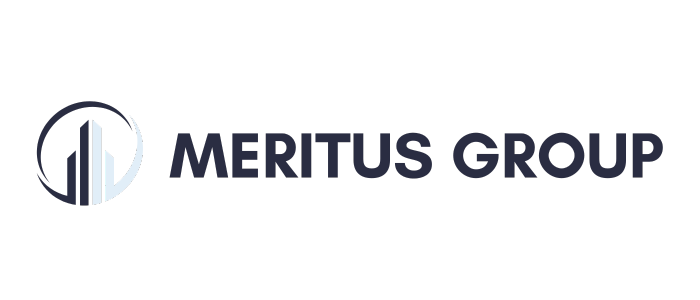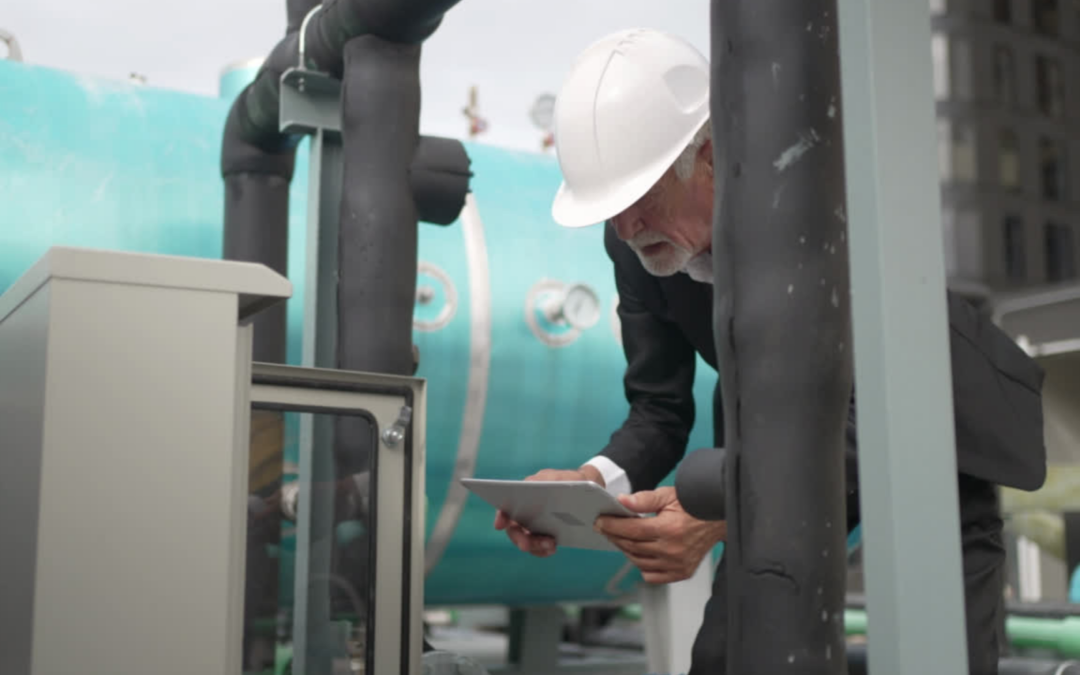For HVAC business owners, planning for succession is not just about preparing for a future without them—it’s also about maximizing the business’s value and ensuring a smooth transition to new ownership. Whether due to retirement, health reasons, or simply a desire to pursue other interests, the decision to exit your business necessitates careful planning and strategy. This comprehensive guide provides HVAC business owners with key insights on preparing their business for sale, focusing on succession planning and enhancing attractiveness to potential buyers.
Understanding the Importance of Succession Planning
Succession planning is crucial for ensuring the continued success and smooth operation of your HVAC business after your departure. It involves identifying and preparing future leaders to take over the business, ensuring that the company maintains its operational standards and customer relationships. A well-thought-out succession plan not only provides peace of mind for the current owner but also adds significant value to the business, making it more appealing to potential buyers or investors.
Key Steps in Succession Planning for HVAC Businesses
1. Assess Your Business’s Current Position
Begin by thoroughly assessing your business’s financial health, market position, and operational efficiency. Understanding where your business stands is crucial in determining what improvements are needed to prepare for a successful sale. This assessment should include a review of your financial statements, service contracts, customer base, and market competition.
2. Develop a Strong Leadership Team
Potential buyers are attracted to businesses that can operate independently of their current owners. Developing a strong management team that can continue to run the business effectively after your exit is essential. Invest in training and developing internal candidates from your staff who demonstrate the potential and desire to take on leadership roles.
3. Optimize Business Processes
Streamlining operations and ensuring that all processes are efficient and scalable can significantly increase your business’s value. Consider implementing the latest HVAC technologies and software to improve productivity and service delivery. This not only makes your business more modern and efficient but also more attractive to tech-savvy buyers.
4. Solidify Customer Relationships and Contracts
Long-term service contracts and strong customer relationships are key assets when selling an HVAC business. Work on enhancing customer satisfaction and securing long-term contracts that will provide a steady income stream for future owners. This reassurance of continued business can make your company a more lucrative investment for buyers.
5. Plan for Financial Transparency
Clear and transparent financial records are one of the most critical elements a buyer evaluates. Ensure that all your financial documentation is in order, including tax returns, profit and loss statements, balance sheets, and cash flow statements. Consider hiring an accountant to review your financials and rectify any issues before putting the business on the market.
6. Legal Considerations
Consult with a legal advisor to ensure that all regulatory and compliance aspects are covered, and that the business is in good legal standing. This includes reviewing any existing litigation, intellectual property rights, and employment agreements. A business free of legal encumbrances is more appealing and easier to transition to new ownership.
Marketing Your HVAC Business for Sale
Once your succession plan is in place and the business is primed for transition, it’s time to think about how you will market your HVAC business to potential buyers. Effective marketing involves highlighting the strengths and future potential of your business. Emphasize aspects like your skilled workforce, customer base, profitability, growth potential, and the smooth transition plan you have established.
Engaging a Business Broker
Selling a business can be a complex and demanding process, and engaging a professional business broker can provide you with the expertise and network to find the right buyer. A broker can help in valuing the business, marketing it effectively, negotiating terms, and navigating the legal and financial aspects of the sale.
Effective succession planning is crucial for any HVAC business owner considering selling their business. By assessing the current state of your business, preparing leadership, optimizing operations, ensuring financial transparency, and taking care of legal aspects, you can significantly enhance the attractiveness of your business to potential buyers. The effort put into preparing your business today will pay dividends in the form of a smoother transition and a higher sale price.
If you are an HVAC business owner planning for succession, don’t wait to start preparing your business for sale. Contact Meritus Group at (605) 252-9520 or via email at INFO@MERITUS.GROUP for a FREE opinion of valuation. Our experts specialize in helping business owners maximize their company’s value and ensure a seamless transition to new ownership. Let us guide you through every step of the process and help you achieve a successful sale. Reach out today!

